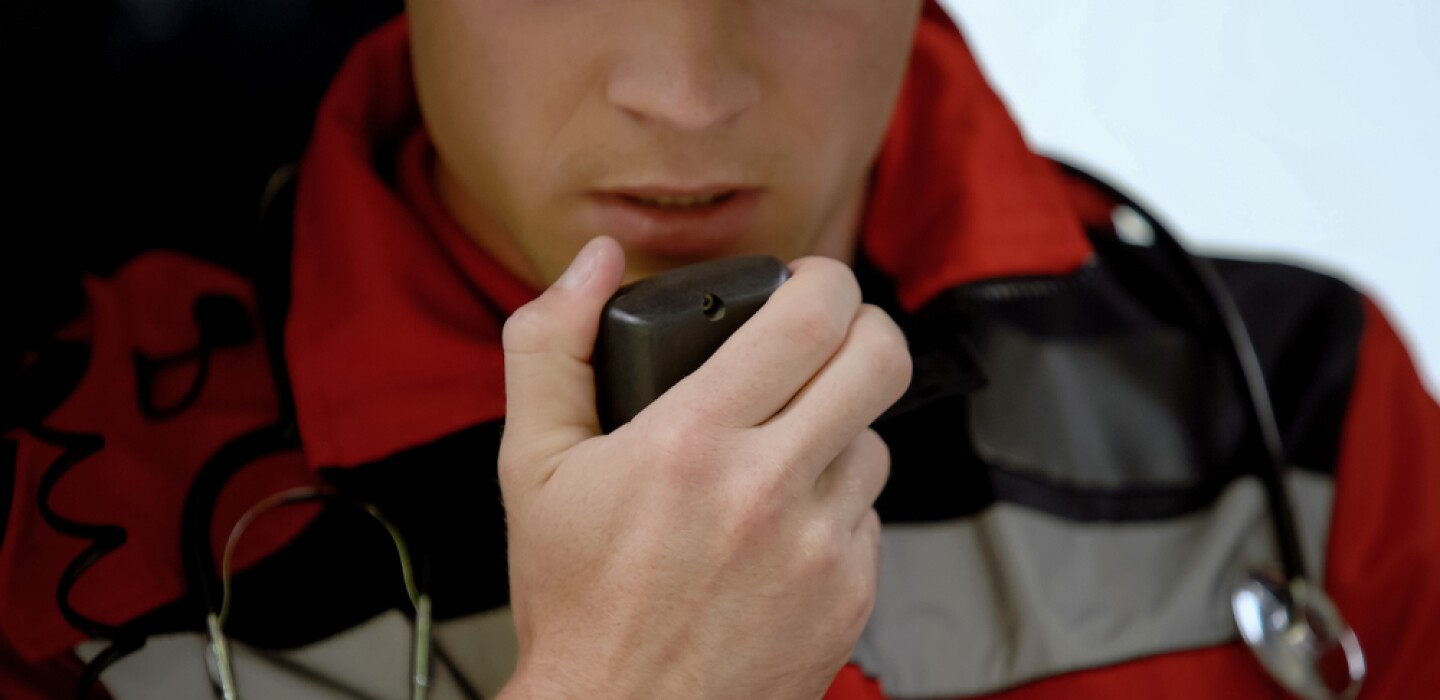
New University Center to Focus on First Responder Mental Health
(TNS) — A new University of Washington center is seeking to fill a training void for frontline responders in fire departments, better equipping them to respond to mental health and substance use calls.
Behavioral Health Crisis Outreach Response and Education (BHCore), run by the UW School of Social Work , held its first training Friday for firefighters and emergency medical services staff from nine fire departments across the state.
Mental health and substance use calls have become a large portion of fire departments’ work. Many cities and counties across Washington are also growing alternative response programs that send mental health professionals to respond to mental health crises with, or instead of, first responders.
But those programs are significantly smaller than the existing infrastructure of police, fire and emergency medical services, and many don’t operate 24/7. Particularly in rural areas, traditional first response systems are often the only option for mental health and substance use calls.
“It’s really important that we prepare them to do the work and that they feel good about it, because otherwise they don’t feel like they can handle the call,” said Jennifer Stuber , BHCore executive director. “That’s going to also lead to their sense of burnout and compassion fatigue.”
The center launched last year with funding from the state Legislature that’s managed by the state Health Care Authority . Last year, nine fire departments received grants to help them with efforts like building crisis response teams and administering medications for opioid use disorder.
“We’re really set up for everything else we do: heart attacks, car accidents, rescues,” said South County Fire & Rescue assistant chief Shaughn Maxwell , who helped develop the training. “I think this is filling a need: This is now equipping us for mental health.”
Inside the training
In a large conference room in Everett on Friday morning, more than 50 firefighters and emergency medical services personnel contemplated a question: Are they wearing any “SAD HATS?”
The acronym — which stands for “sick, alcohol, drugs, hungry, anxious, tired, stressed” — is meant to help first responders evaluate factors that might affect them as they respond to a crisis call.
One person shared they hadn’t slept well because they had been worried about waking up and getting to the training on time. Another said they were tired from recently starting a new, challenging workout routine.
In the first training session, attendees examined these factors and discussed emotional triggers — types of calls that might be particularly hard for them based on past experiences. Later sessions focused on concrete skills when responding to crises: evaluating a scene, medical assessment, active listening, connecting with community resources.
These trainings will fill a void for first responders who haven’t always felt equipped to respond to mental health and substance use calls, Maxwell said.
“Firefighters and paramedics get into this business to help people, and it’s actually really hard on them when they’re not helping people,” he said. “When you call 911, you want your problem fixed, and we didn’t have the tools to do it. This is helping with those tools.”
Substance use was also a focus of the training. Anne Raven from the Spokane Fire Department led a session on responding to opioid overdoses and walked attendees through administering buprenorphine, which can treat severe opioid withdrawals after an overdose is reversed with naloxone.
“Is this going to change the city of Spokane ? I don’t know,” Raven, the department’s integrated medical services manager, said of buprenorphine. “It would be great if it did. But just giving Narcan isn’t working, so we’ve got to try something else.”
Recognizing mental health
Responding to emergencies can take a toll on first responders’ own mental health. First responders of all kinds have higher suicide risks compared to the general population, research has found.
Frontline responders can experience acute post-traumatic injury from seeing the aftermath of events like a really bad car accident, Maxwell said. But mental health and substance use calls, particularly overdoses, can cause more of a chronic post-traumatic injury.
Repeated overdose calls in particular can have a cumulative toll on first responders’ mental health, “like an IV drip,” Capt. Nicole Picknell of South County Fire said.
Friday’s training included specific resources for first responders’ mental health, including specific crisis lines tailored to their roles. A future training from the center will focus on suicide prevention within the law enforcement community, Stuber said.
“Often they don’t get the support they need to really process through those events, and they have a cumulative toll,” Stuber said. “Despite the fact that people come into this work to help people, they often get so overwhelmed with the amount of negative, traumatic experiences that are on them. If they don’t know how to cope with them, and you don’t know how to prepare for them, then it’s going to get increasingly harder and harder.”
© 2025 The Seattle Times. Distributed by Tribune Content Agency, LLC.


Average Rating